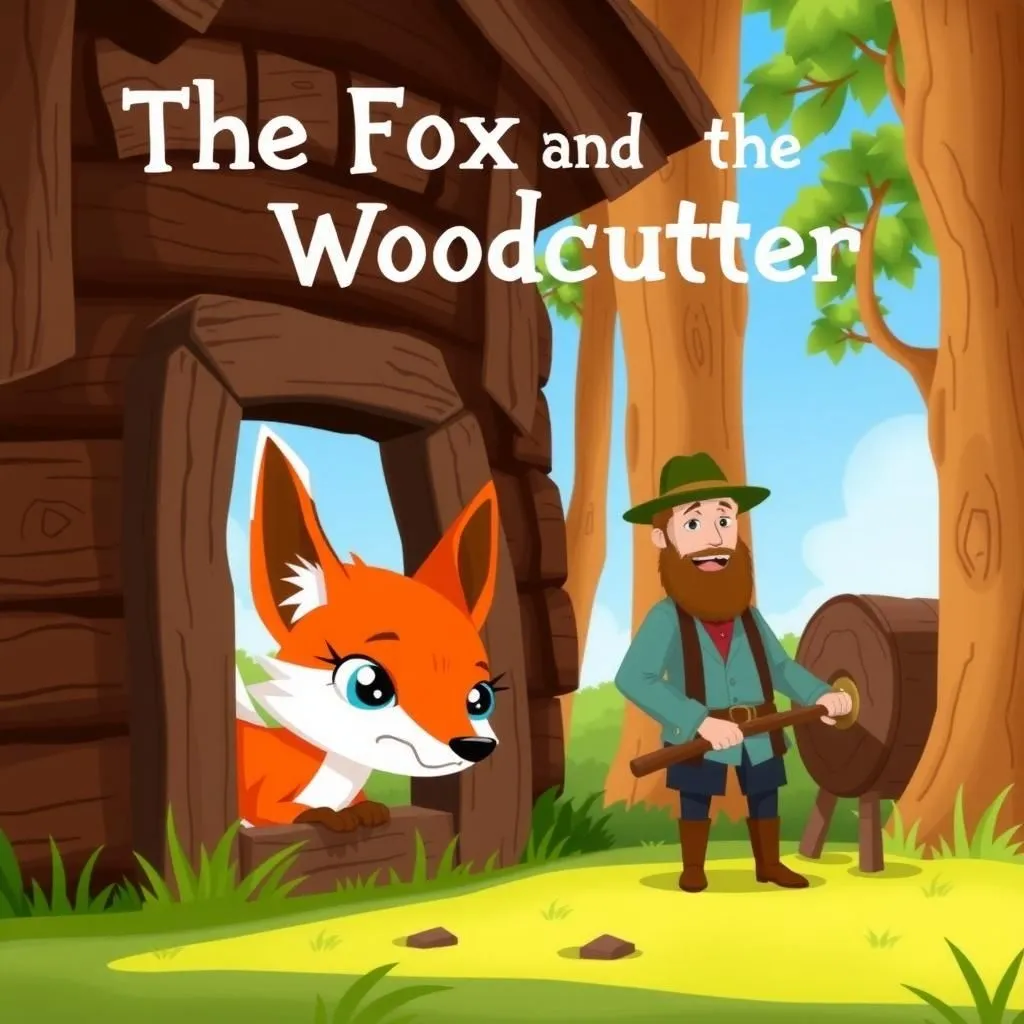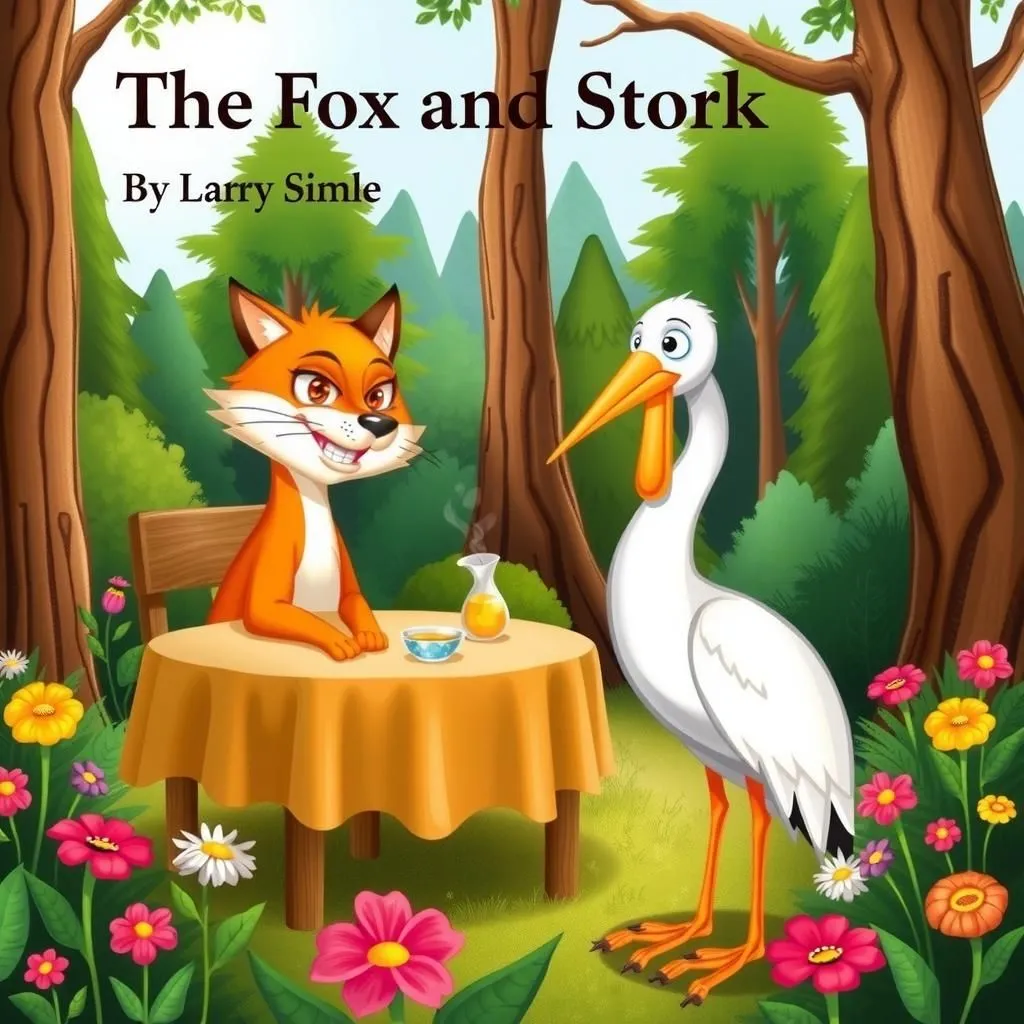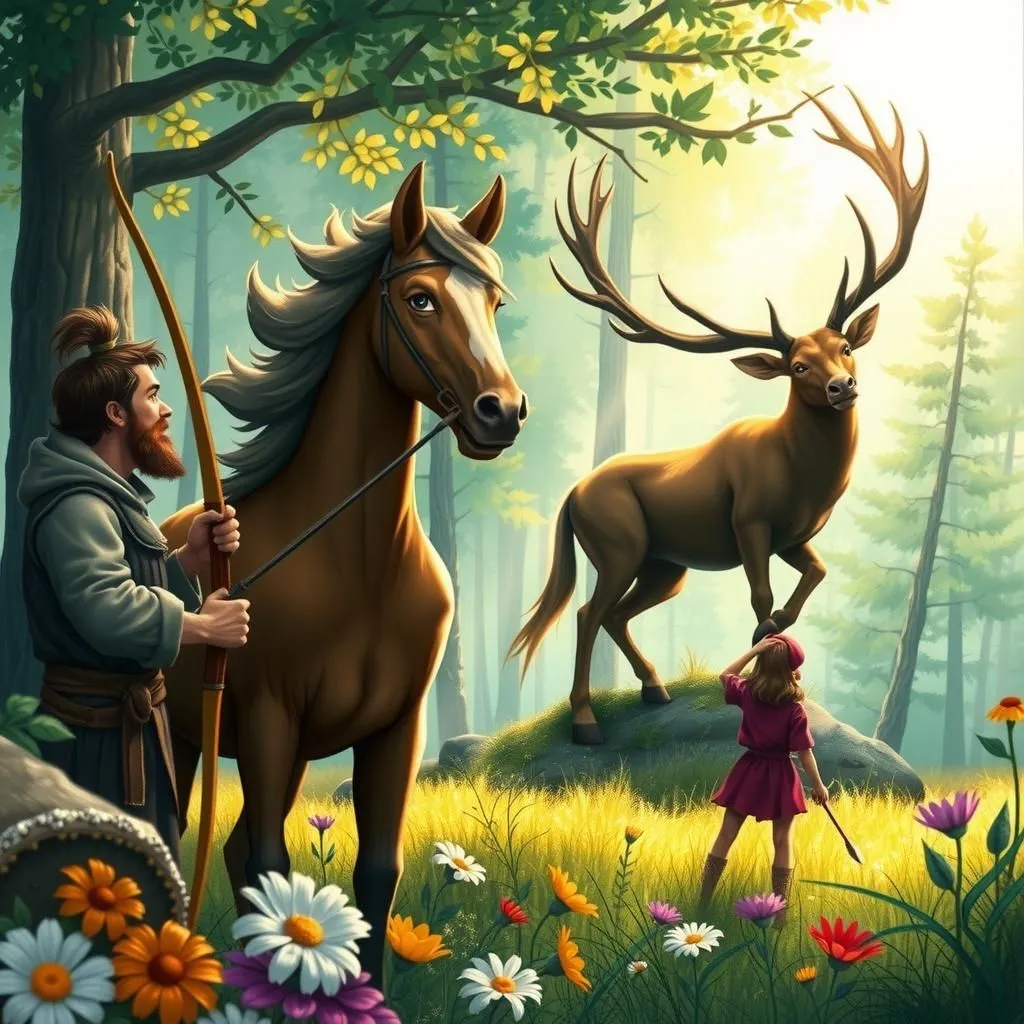
The Fox and the Woodcutter
In this life-changing story with a moral, a fox, pursued by hounds, seeks refuge with a woodcutter who deceitfully denies the fox's presence to the huntsman while gesturing towards the hut where the fox hides. Once safe, the fox criticizes the woodcutter for his duplicitous actions, stating that he would have expressed gratitude if the woodcutter's deeds had matched his words. This short story serves as a reminder of the simple lessons from stories about integrity and the importance of aligning actions with words, making it a valuable tale for students and adults alike.


